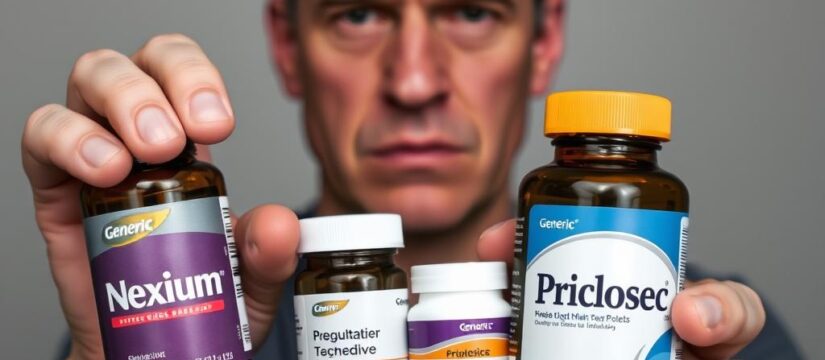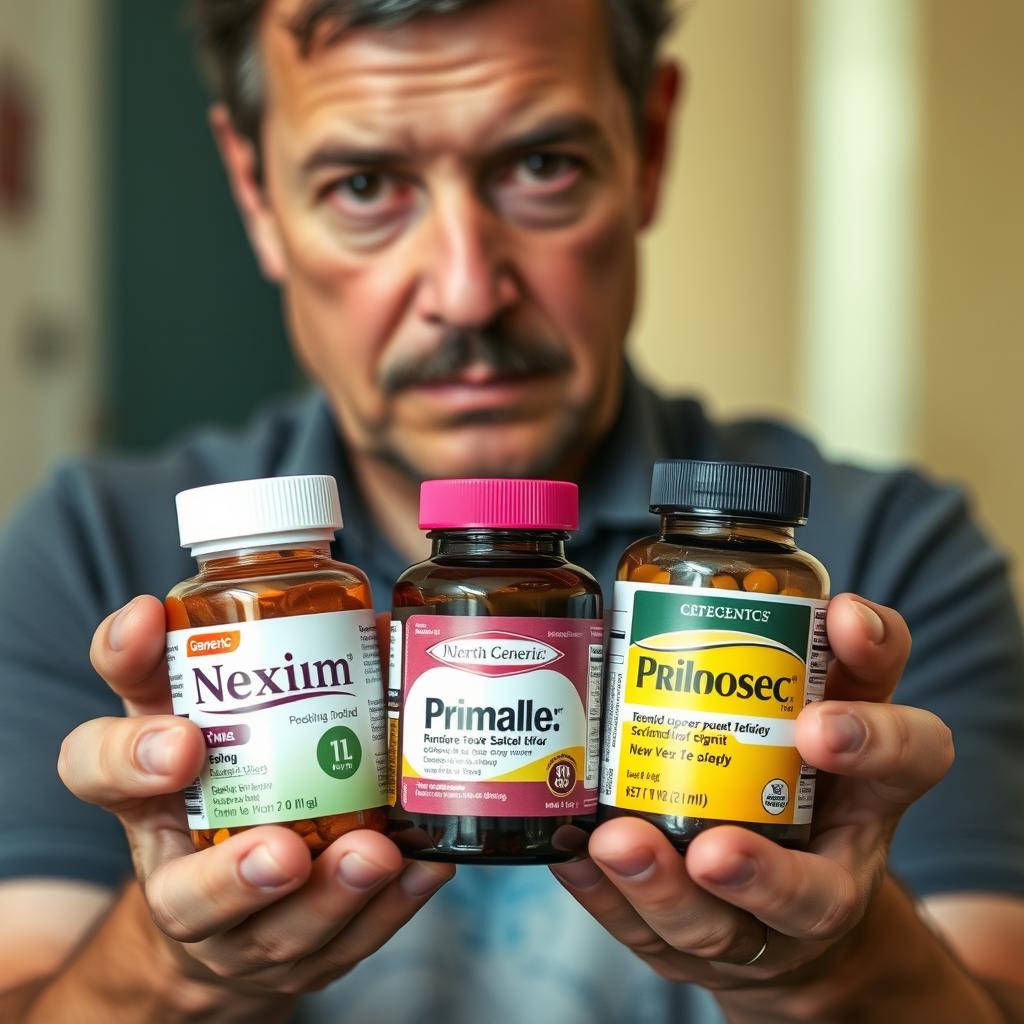
Popular Heartburn Drugs (PPIs) Tied to Fatal Illnesses
- September 13, 2019
- 0 Likes
- 447 Views
- 0 Comments
Proton pump inhibitors (PPIs) like omeprazole and esomeprazole – among the world’s most widely used medications – have been linked with higher risks of deadly diseases. In a large Veterans Affairs study (BMJ, 2023), long-term PPI users showed a 17% increase in overall mortality compared to similar patients taking H2-blockers medicalnewstoday.com. Specifically, more deaths occurred from heart disease and chronic kidney disease in the PPI group medicalnewstoday.com. For example, over the follow-up period there were roughly 89 cardiovascular deaths per 1,000 PPI users versus 73 per 1,000 H2 users. Deaths from chronic kidney disease were nearly double (8.6 vs 4.4 per 1,000) among PPI users medicalnewstoday.com. The risk grew the longer and higher the dose of PPI taken.

Study details: Dr. Ziyad Al-Aly of WashU and colleagues analyzed medical records of over 200,000 patients (mostly older men) and followed them up to 10 years medicalnewstoday.com. By statistically modeling a randomized trial, they estimated 45 extra deaths per 1,000 people on PPIs. They noted that over half of the PPI prescriptions had no documented indication medicalnewstoday.com – meaning many patients were taking these drugs without a clear need. Al-Aly warned: “Serious harm may be experienced by people on PPIs who may not need them” medicalnewstoday.com.
Why the concern: PPIs reduce stomach acid. While effective for ulcers and reflux, acid also plays roles in nutrient absorption and defense against pathogens. Observational links to kidney disease, dementia, and bone fractures have surfaced in other studies. This new analysis adds heart disease and kidney failure to the list of worries. The exact causes are still under study. It’s unclear whether PPIs cause these diseases or simply correlate with other risks (e.g. very sick patients taking PPIs). But the dose-response (more PPI use = higher risk) suggests a possible causal role.
Implications: Physicians already advise using PPIs only when needed and for short durations (typically 2 weeks) unless under specialist care medicalnewstoday.com. These findings reinforce that guidance. Over-the-counter PPIs are convenient, but may not be harmless with long-term use. Patients on chronic PPIs might need re-evaluation; perhaps periodic trials off the drug or switching to other treatments.
Expert advice: “PPIs sold over the counter should have clearer warning about significant health risks,” Al-Aly wrote medicalnewstoday.com. Users who feel they need daily acid suppression for more than two weeks should consult a doctor. Since gastroesophageal reflux and ulcers can often be managed with lifestyle changes or different medications, reducing unnecessary PPI use is key.
In summary, while PPIs are hugely useful for acid-related conditions, this research suggests caution with prolonged use. It doesn’t mean every PPI user will get heart or kidney disease, but it highlights a potential trade-off. Patients and doctors should balance the benefits of acid control against these possible long-term risks, and use the lowest effective dose for the shortest necessary time.



Leave Your Comment